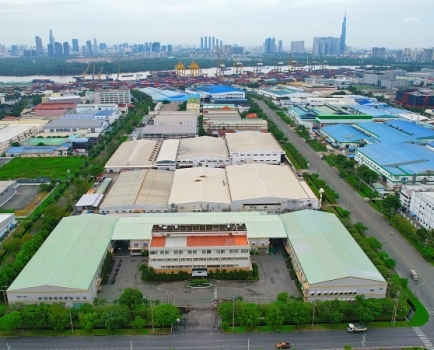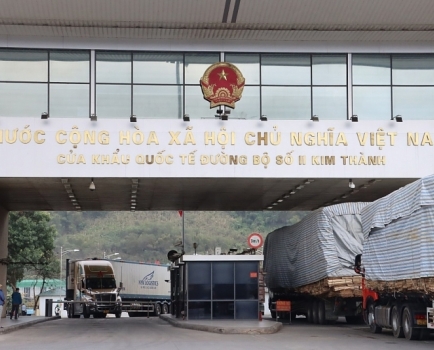Why seafood exports to some Middle Eastern Countries are stalled
Thu, 21 Nov 2024 09:57:00 | Print | Email Share:
Several shipments of seafood exported to certain Middle Eastern countries have been delayed due to legal challenges related to consular legalization procedures. This has created significant bottlenecks in accessing these markets.
 |
| Seafood export enterprises need to clearly understand the process of granting and consular legalization of C/O. Photo: L.T |
According to the Vietnam Association of Seafood Exporters and Producers (VASEP), over the past month, some seafood exporters have reported that their shipments were returned by the Consular Department due to issues with consular legalization. The delays are attributed to discrepancies in the stamps and signatures between the exporters and the Vietnam Chamber of Commerce and Industry (VCCI).
The leadership of VCCI explained that while awaiting updated procedures for changing their stamp for granting C/O due to a name change, VCCI submitted a request to authorize the temporary use of its seals on Certificates of Origin (C/O) requiring consular legalization. Starting November 18, 2024, VCCI Ho Chi Minh City will register its updated seals for certification on export documents for enterprises.
“Exporters encountering consular legalization issues with their documentation should promptly contact the Legal Department of VCCI Ho Chi Minh City for assistance,” a VCCI representative advised.
Consular legalization, or certification, verifies the legality of documents and paperwork, particularly those required for use abroad. Countries imposing this requirement for import-related documents often have varying regulations.
Common documents requiring consular legalization in export-import activities include commercial documents, certificates of origin (C/O), commercial invoices, bills of lading, certificates of inspection, and other supporting export-import materials.
Consular legalization of C/O is an essential step in the export process and is closely tied to the Vietnam Chamber of Commerce and Industry, the issuing authority for certificates of origin.
This step is a supplementary procedure following the issuance of a C/O, especially for exports to countries that mandate the legalization of documentation.
In light of these challenges, VASEP advises exporters to familiarize themselves with the procedures for issuing and legalizing C/O documentation. To avoid delays and risks during customs clearance, exporters should understand the specific document and certification requirements of the importing country; ensure that the C/O is accurately issued and legalized; account for the time and costs associated with legalization, and thoroughly review the documentation and legalization requirements before shipping goods.
By taking these steps, businesses can minimize risks, ensure smooth export operations, and capitalize on tax incentives and competitive advantages in international markets.
|
Countries requiring consular legalization for import documents Middle Eastern Countries: The UAE, Saudi Arabia, Kuwait, Qatar, Oman, and Bahrain mandate consular legalization for commercial documents, including invoices, bills of lading, and Certificates of Origin. Asian Countries: India: Typically requires legalization of documents like C/O for imports. Pakistan: Demands consular legalization for C/O and commercial invoices. African Countries: Nigeria: Frequently requires the legalization of import-related documents, particularly C/O and invoices. Angola, Mozambique, and Congo: Require legalization for import invoices and C/O. Latin American Countries: Brazil: Requires legalization for shipping documents, commercial invoices, and C/O for imports. Argentina: Typically mandates legalization of C/O and commercial invoices for imported goods. European Countries: Nations like Russia, Ukraine, and Belarus require consular legalization for import-related documentation, particularly C/O and quality certificates. Consular legalization requirements can evolve over time, depending on the trade regulations of individual countries. Exporters and importers must verify specific legalization requirements with the appropriate government authority or embassy of the target country. For clarity on consular legalization needs, businesses should consult the embassy or consulate of the importing country to obtain the most accurate and updated information. |
By: Customs News
Source: https://english.haiquanonline.com.vn/why-seafood-exports-to-some-middle-eastern-countries-are-stalled-32253.html
---------------------------------------------
Same category News :













